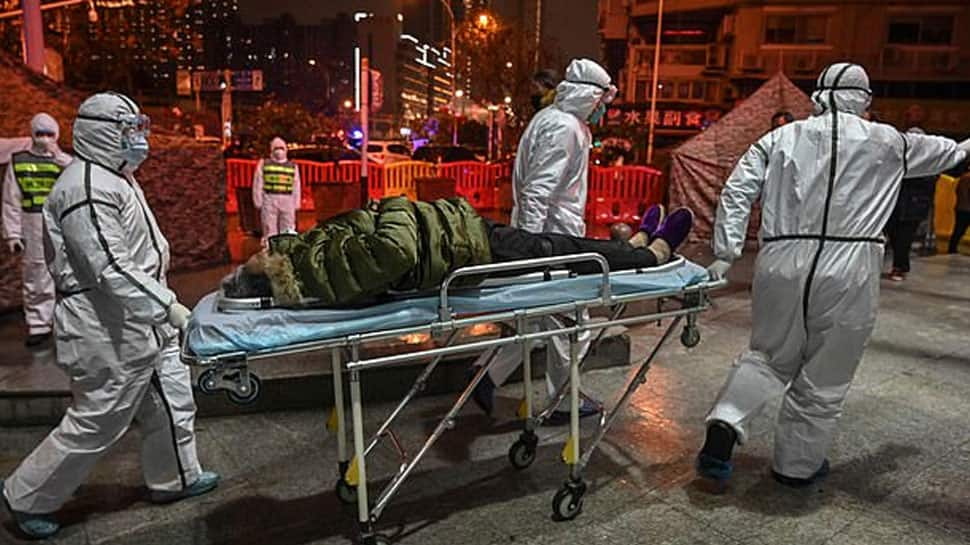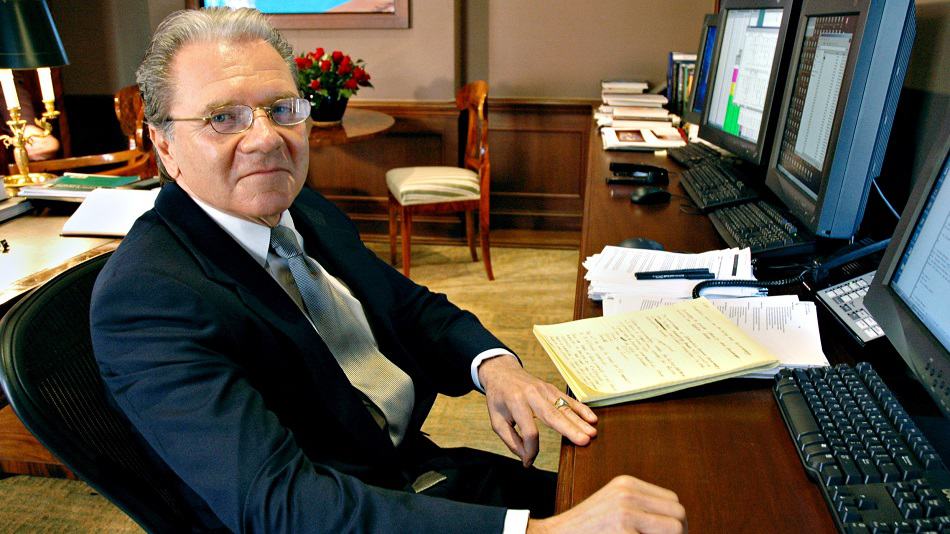[ad_1]
- The Affiliation for Tropical Biology and Conservation (ATBC) demanded pressing motion to cease assaults in opposition to Indigenous peoples, environmentalists and communities in a July 14 declaration.
- An alignment between unlawful useful resource extraction and drug trafficking within the Amazon locations folks defending assets at rising danger, in accordance with the affiliation.
- Latin America is essentially the most harmful area on the planet for environmental defenders, and Colombia and Brazil are on the prime of the checklist for killings.
Scientists and conservationists are calling for motion to cease violence in opposition to Indigenous peoples, native communities and environmental defenders throughout the Amazon area in South America.
The Affiliation for Tropical Biology and Conservation, a scientific society with greater than 900 members in 67 nations, urged governments throughout the area and the worldwide group to take motion in a declaration introduced July 14 on the finish of the affiliation’s annual assembly in Cartagena, Colombia.
“It can be crucial for scientists, conservation practitioners, NGOs, and different conservation stakeholders to amplify [Indigenous Peoples and Local Communities, IPLC] voices and place IPLC agendas within the highlight and strengthen the official businesses chargeable for sustaining their social rights,” the affiliation famous in its Cartagena Declaration.

Latin America has been essentially the most harmful area on the planet for IPLCs and environmentalists for years. International Witness, a London-based NGO, documented 227 killings worldwide in 2020 and practically three quarters have been in Latin America. Colombia, Brazil and Peru accounted for 40% of the worldwide complete.
“The violence in opposition to Indigenous Folks and Native Communities (IPLCs) and particularly in opposition to environmental defenders could also be strengthened and amplified within the close to future as a consequence of the alignment of unlawful useful resource extraction – as an illustration by way of fisheries, mining, logging – and drug trafficking,” the Affiliation for Tropical Biology and Conservation (ATBC) highlighted in its declaration.
ATBC is looking for governments to strengthen IPLC sovereignty over their territories, develop cross-border insurance policies, and improve oversight and enforcement in distant areas. The affiliation additionally referred to as for extra worldwide stress on firms sourcing merchandise from unlawful actions and the inclusion of science in decision-making and public coverage.

The murders of Indigenous rights chief Bruno Pereira and environmental reporter Dom Phillips within the Brazilian Amazon in June shone a highlight on violence in opposition to IPLCs and environmentalists within the area. The killings have been a part of the impetus for the Cartagena Declaration however the violence is widespread and historic, mentioned João Campos-Silva, a Brazilian conservationist and member of the ATBC committee that labored on the declaration.
“We can not neglect the duty of the governments,” mentioned Campos-Silva, who can also be a post-doctoral fellow on the Norway College of Life Sciences. His analysis is within the Brazilian Amazon, the place he mentioned there was rising danger and violence previously few years throughout the administration of Jair Bolsonaro.
“The violence can jeopardize loads of issues,” he informed Mongabay, highlighting that at the start is the hazard to native leaders and communities working to guard their territories. “It might compromise biodiversity. It might compromise analysis and conservation efforts.”
The Latin America and Caribbean area is dwelling to the Escazú settlement, a binding treaty for environmental justice, data and compliance that stipulates protections for environmental defenders. Twenty-four nations had signed the settlement, which got here into power in 2021, however solely 13 nations have ratified it to turn out to be state events.

Chile formally turned the newest occasion to the Escazú settlement in June, after the primary Convention of the Events was held there in April. However the three Amazon area nations with essentially the most killings of environmental defenders – Colombia, Brazil and Peru – haven’t but ratified the treaty regardless of turning into signatories again in 2018 and 2019.
Ratification by Colombia of the Escazú settlement superior earlier this 12 months however hit a roadblock within the Senate in Could. In July, Peru’s international relations congressional committee voted for the second time to shelve a invoice to ratify the Escazú settlement.
“Throughout the pandemic, the murders of Indigenous defenders and crimes in communities attributable to territorial points have elevated,” Nelsith Sangama, a pacesetter of AIDESEP, the Indigenous federation of the Peruvian Amazon, mentioned in a July 13 assertion in response to the congressional determination.
Amnesty Worldwide voiced considerations earlier this 12 months over rising violence in opposition to Indigenous communities and environmentalists in jungle areas in Peru. At a gathering and protest actions in Lima in June, the Nationwide Defenders Community reported 16 environmental defenders has been killed within the nation for the reason that pandemic started.

“Latin America has constantly been essentially the most harmful area for land and environmental defender,” International Witness campaigner Rachel Cox informed Mongabay through e mail. “Our most up-to-date knowledge means that this development continued all through 2021.”
In Brazil, 132 out of 220 recorded killings between 2015 and 2020 occurred within the Amazon basin, mentioned Cox.
Again on the ATBC assembly in Cartagena, huge pictures of Bruno Pereira and Dom Phillips have been projected on screens throughout the presentation of the declaration. The affiliation consists of many members who perform analysis and conservation work within the Amazon.
The following worldwide ATBC assembly is about to happen subsequent 12 months in Coimbatre, within the Tamil Nadu state in India.
Banner picture: Indigenous folks from Pará and Amapá marched alongside the Esplanada dos Ministérios, in Brasília, to the Ministry of Justice, denouncing the invasions of their territories and the latest murders of leaders in Brazil. Picture by Tiago Miotto/Cimi.
Associated listening from Mongabay’s podcast: We focus on the necessity for the Escazú Settlement with the manager director of the Girls’s Earth and Local weather Motion Community, who shared in 2020 what’s key in regards to the treaty, plus the work of a number of the feminine Indigenous conservationists whose security could be supported by it (the treaty has since come into power). Pay attention right here:
FEEDBACK: Use this way to ship a message to the creator of this publish. If you wish to publish a public remark, you are able to do that on the backside of the web page.
[ad_2]
Source link









